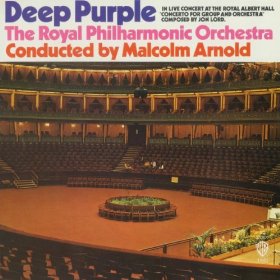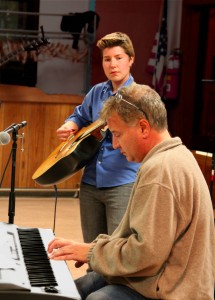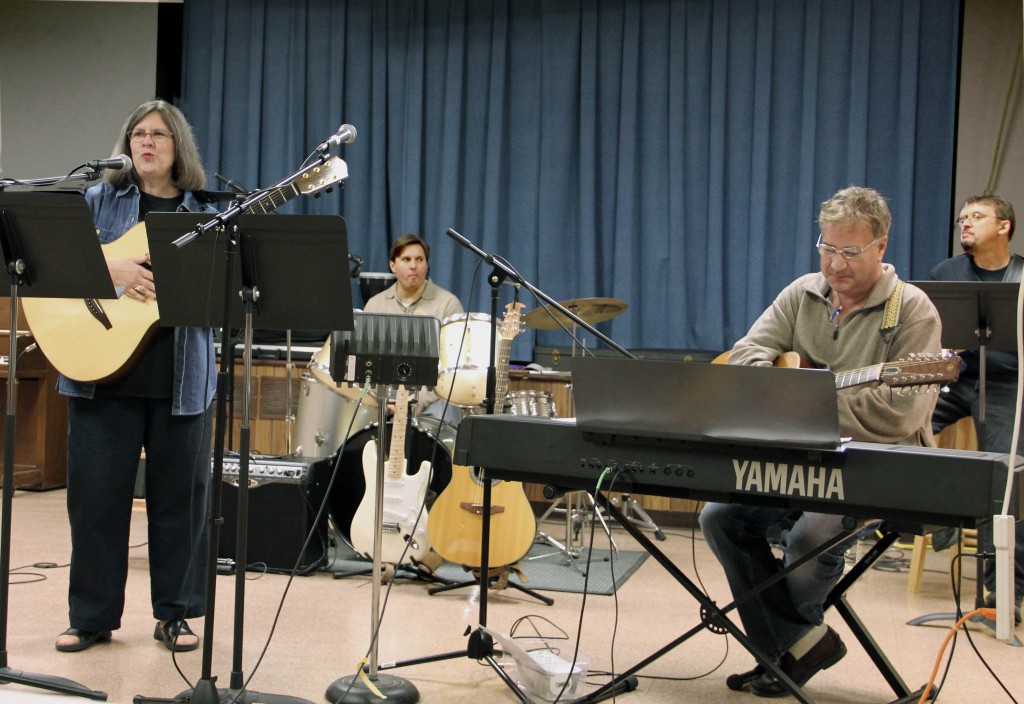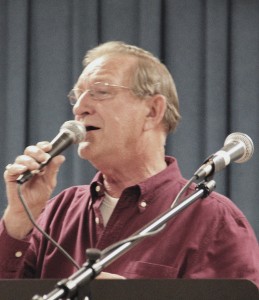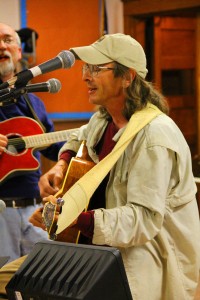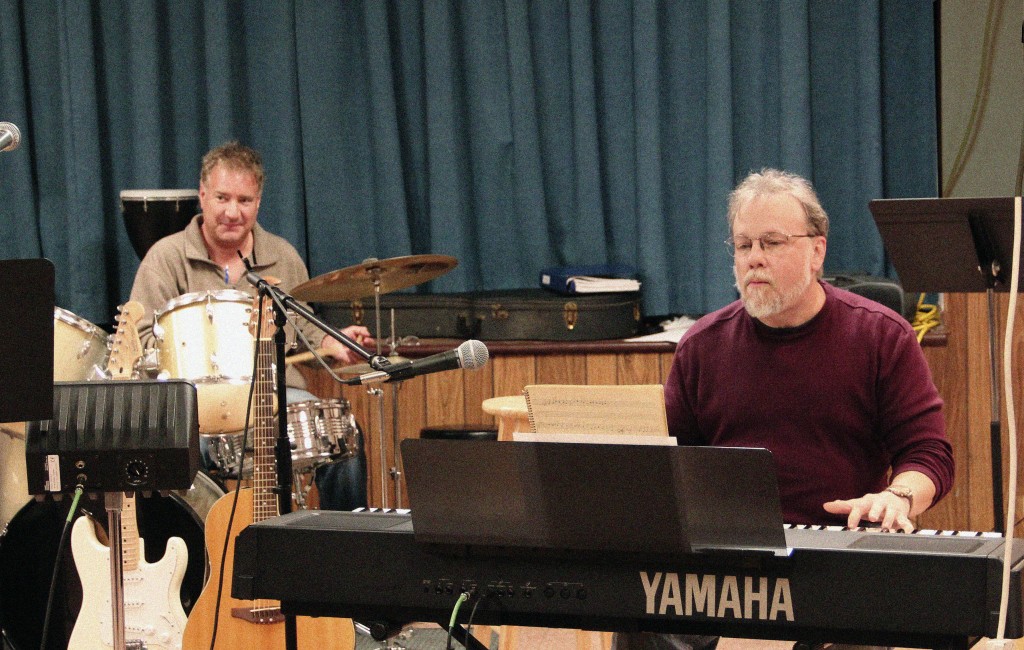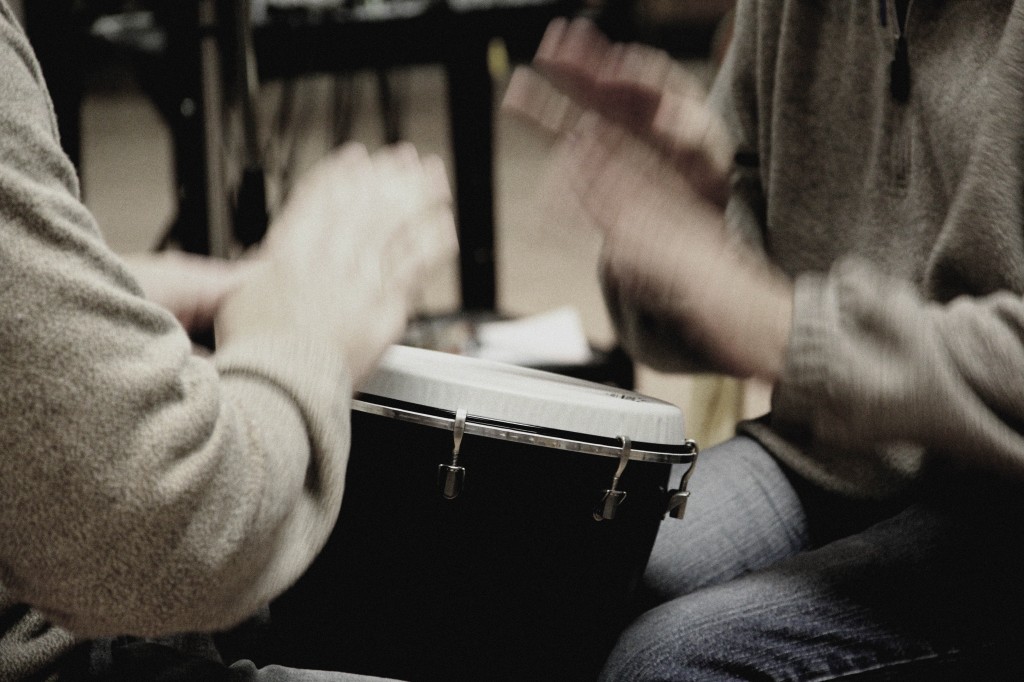I was never so glad to see an election done than this past one. The only comparable year in my experience was 1968 and I can’t honestly say that comparison is viscerally valid, as I was 13 most of that year, 14 right before the election, and most of the issues washed over me leaving me unfazed. But ’68 was the year of Nixon and Humphrey and George Wallace, Vietnam, the Counter Culture and the Anti-War Movement, and a resurgent Republican Party in opposition to LBJ’s Great Society. I sensed the acrimony, the bitterness, the ugliness, but most of it made no real sense. Looking back, I can see that it was very much a revolutionary year and now I can make at least an intellectual comparison. 2012, politically, was a war.
I just finished reading Gore Vidal’s Lincoln, part of his epic series Narratives of Empire.  Lincoln chronicles, novelistically, the Civil War from the viewpoint of Washington and inside the Lincoln White House. I have read enough period history to recognize the essential accuracy of Vidal’s setting and the nature of the events. It was tonic for me since it is a full court display of a truly ugly period of political history. We have encased Lincoln in the amber of the past and rendered him “safe” for our nostalgic alchemy, but it is always instructive to learn about what really went on. For sheer vileness, one would be hard pressed to find another period in our history to top it. All the thoughtless charges this past year that Obama was destroying the country, that his re-election would signal the end of liberty, the gutter-level spite in even the most passing of commentary—especially by those in the upper levels of our political institutions—are rendered commonplace by gaining even a smidgen of knowledge of earlier times. Lincoln, who is now regarded as one of if not the best president we ever had, was at the time regarded even by his supporters as a first-class mediocrity, called “the original gorilla” by subordinates and a Press that was never, seemingly, satisfied with his performance. His own cabinet was comprised of men who, each of them, thought they could do a better job. Whereas Obama is only feared as someone who would take away liberty, Lincoln did (the suspension of Habeus Corpus chief among his actions) and yet, here we are, 150 years later, having a hard time wrapping our collective heads around the utter humanness of his presidency.
Still, we didn’t live through the Civil War, we lived through 2012, and personal experience matters differently.
My reasons for not voting for Romney I made plain. What I found so disconcerting this past year is how little reason impacted those who were bent on ousting Obama. Once I left the realm of contentless rhetoric and starting talking policy, eyes glazed over, mouths became slack, the body language of my conversents acquired the fight-or-flight posture of someone beginning to perceive a physical threat. I can only conclude from my small and thoroughly unscientific sampling that most of the people I knew who intended to vote for Romney cared not at all about such things. Policy made no difference other than as a prop to a personal disdain for Obama. Without doubt, I’ve lost acquaintances over this.
Worse, the response to losing has been one of the most bizarre congeries of absurdities in recent memory. The complete denial of reality startled me. It has been an antic, carnival year in politics.
Interrupted for me personally by my first encounter with mortality, namely an attack of appendicitis that laid me up for nearly two months. The first week of August I developed a “fluttering” in my belly that resembled stomach flu, but wouldn’t settle out. By the time I got to the emergency room, it was a full blown agonizing Thing. My appendix had perforated and I was in Barnes Hospital for a bit over a day. A few weeks later, I was back in because, one, the wound had become infected, and, two, I had developed an abscess. Two months after the initial event, I was pronounced healed. Two months of soup and sleep and reading books and contemplating vulnerability.
For whatever reason, I do not consciously consider myself the object of much affection, so it always surprises me (pleasantly) when people display it toward me. (I don’t really understand this in myself, since I am in many ways a rather self-centered person, but this never seems to extend to expectations that anyone else pay attention to me…desires, certainly, but not expectation…) The degree of sympathy and well-wishing that came during my convalescence both humbled and delighted. Thank you, my friends.
As I said, this did afford me an opportunity to read and I plowed through several books I might otherwise not have managed.
I began a new job this year, at Left Bank Books. Back in 2011 I started doing work for them of an unusual sort—what we call downtown outreach. Left Bank is our oldest independent bookstore (1969) and four years ago opened a second location in downtown St. Louis, which proceeded to be ignored. Well, it takes a while for a new business (or a new location) to acquire recognition, but in this economy they couldn’t really afford to wait. So we tried something and I started going around to the businesses downtown to introduce them to the fact that they now have a full-service bookstore right there. Many folks knew about Left Bank Books, but only remembered the Central West End location. Naturally, they were thrilled to learn there was one within walking distance.
I sort of doubt I had much to do with their increased sales this past year, but it didn’t hurt. After a few months of my meeting with office managers, building managers, hotel concierges, and the like, sales took a turn for the better.
As of October, I started training as a bookseller. I’m still doing some of the outreach, but now I have some steady hours (much needed!) and the bonus is I’m getting to know a bunch of very smart, very passionate, very cool people.
Donna also got a new job. In a weird way.
At the end of 2011, she was dismissed from USSEC, the Job From Hell. The less said of that the better. The money, as they say, was great, but everything else sucked. Frankly, that job was killing her (and not doing me much good either). Entirely due to office politics, which she hates, she was set up to take a fall and fired.
Cause for Great Celebration and Gleefulness!
We’ve been becoming reacquainted this past year. Except that the search for a new job turned out to be far more labor intensive than either of us anticipated.
However, she went back to doing what she loves to do—temping. Of course, the problems with temping are simple: not enough pay and no benefits. But she likes doing it!
Solution came in the form of an actual job offer from a temp agency to be a regular staff employee. She works directly for the agency, takes what assignments they are now dedicated to getting her, and best of all she has benefits. This is in most aspects a dream job for her.
We’re planning an actual vacation. First one in several years. (Long weekends aren’t actual vacations, we’ve learned this the hard way.) But the best part is, she’s happy.
On the writing front, things are…much the same as they have been. I finished the second volume of my alternate history trilogy (officially the Oxun Trilogy, consisting of Orleans, Oculus (now done), and Orient (forthcoming) and my agent loved it. I have some revisions to make on it, but nothing major.
And we’re waiting. I’ve decided to go ahead an write Orient this coming year anyway, just to have it finished.
I have placed a short story collection with a small local press. Official announcement yet to come.
And I’m trying to write short fiction again.
My photography is continuing to improve (digitally) and I’ve taken my first steps into RAW. Musically, well, I was playing fairly well until August…
The components of my youth are changing, passing away, metamorphosing. Too many deaths of heroes, too many changes in landscape, too much maudlin reminiscence. I won’t detail such things here. Go back over my posts these last dozen months and you will see what I have mourned and remembered.
All in all, 2012 was a net improvement over the last few years in several ways, though I admit I have to think about it to see most of them. The bout of appendicitis has been a bit of a wake-up call, with solemn contemplations of time left and mortality and reassessment. I had blithely been living as though I had plenty of time left to do Everything I Want To Do, but even before August I was admitting that this wasn’t true. August underlined it and put an exclamation point on it.
We do not make Resolutions normally. I long ago knew that such things were little better than To Do lists that often get overwritten and superseded by circumstance. But this time…
2013 will be different. I don’t know how yet, but.
So be safe, be warm, love each other. See you all on the flipside.

